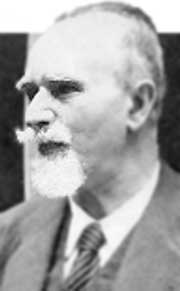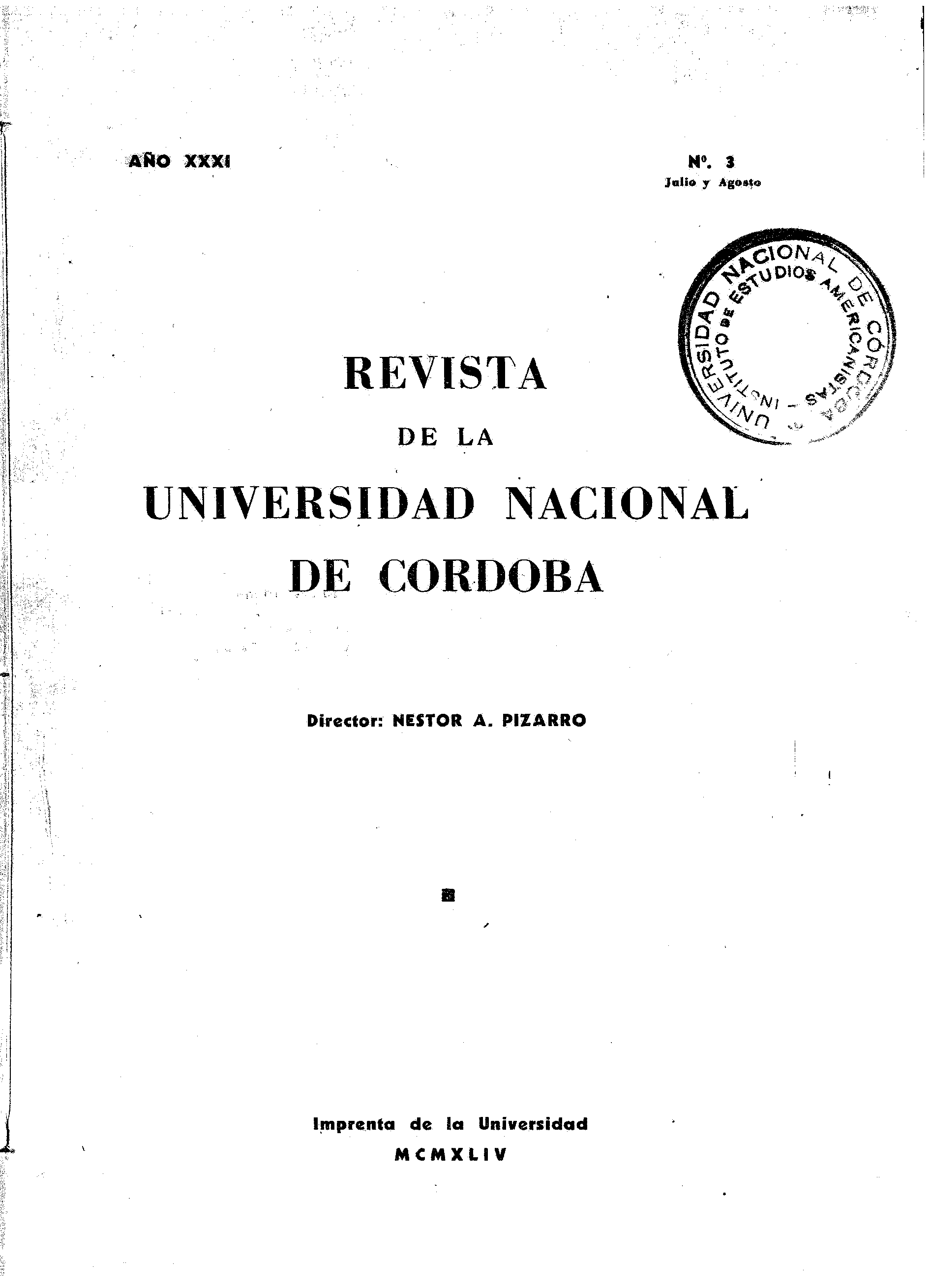Ancient ethics and the notion of moral conscience
Keywords:
Ancient philosophy, Renaissance philosophy, Marxist philosophyAbstract
In one of the suggestive essays collected in his posthumous book : Études de philosophie ancienne et de philosophie moderne, Victor Brochard wanted to establish between ancient and modern morality a decided and radical opposition, whose features he delineated as follows (1). The idea of duty and obligation (he said), which seems fundamental to the moderns in the definition of ethics, is completely absent in ancient ethics: neither the Greeks nor the Latins had a suitable word to express it. In their morals there was no ''imperative,'' but only an ''optative,'' for the end sought by all philosophical schools, or ''supreme good,'' was happiness, which can only be the object of desire, but not of command. Nor, therefore (Brochard added), could there be: an appeal to the moral conscience, or to an interior law : the gaze of the Greeks has never turned towards their interiority to seek the norm of their conduct, but towards the exterior, towards nature, to achieve conformity with it.
References
La morale ancienne et la momle moderne: págs. 489-503. París, Alean, 1912.
G. GENTILE, Sistema di lógica como teoría del conoscere, Pisa 1917.
Downloads
Published
Issue
Section
License
Copyright (c) 1944 Universidad Nacional de Córdoba

This work is licensed under a Creative Commons Attribution-NonCommercial-ShareAlike 4.0 International License.
Commercial use of the original work and any derivative works is not permitted, and distribution of derivative works must be made under a license equal to that which governs the original work.

 He was born on August 20, 1877 in Senigallia. He emigrated to Argentina and taught at the universities of Cordoba and Tucuman. Author of a very extensive work, published in Italian and Spanish, among which are translations, original essays and historiographical studies. One of the most interesting aspects of his work are his studies on ancient philosophy, Renaissance philosophy and Marxist philosophy. According to Mondolfo, the specificity of philosophy is its problematic character, not its systematic character. Likewise, he does not admit that the history of philosophy follows a certain line or conforms to precise laws, but that it possesses a necessarily 'irregular' structure. Such ideas have been applied with obvious profit to Mondolfo's various historical studies. One of his most significant contributions was to complete Edward Zeller's important history of Greek philosophy, in a remarkable edition. Rodolfo Mondolfo died on July 15, 1976 in Buenos Aires.
He was born on August 20, 1877 in Senigallia. He emigrated to Argentina and taught at the universities of Cordoba and Tucuman. Author of a very extensive work, published in Italian and Spanish, among which are translations, original essays and historiographical studies. One of the most interesting aspects of his work are his studies on ancient philosophy, Renaissance philosophy and Marxist philosophy. According to Mondolfo, the specificity of philosophy is its problematic character, not its systematic character. Likewise, he does not admit that the history of philosophy follows a certain line or conforms to precise laws, but that it possesses a necessarily 'irregular' structure. Such ideas have been applied with obvious profit to Mondolfo's various historical studies. One of his most significant contributions was to complete Edward Zeller's important history of Greek philosophy, in a remarkable edition. Rodolfo Mondolfo died on July 15, 1976 in Buenos Aires.




